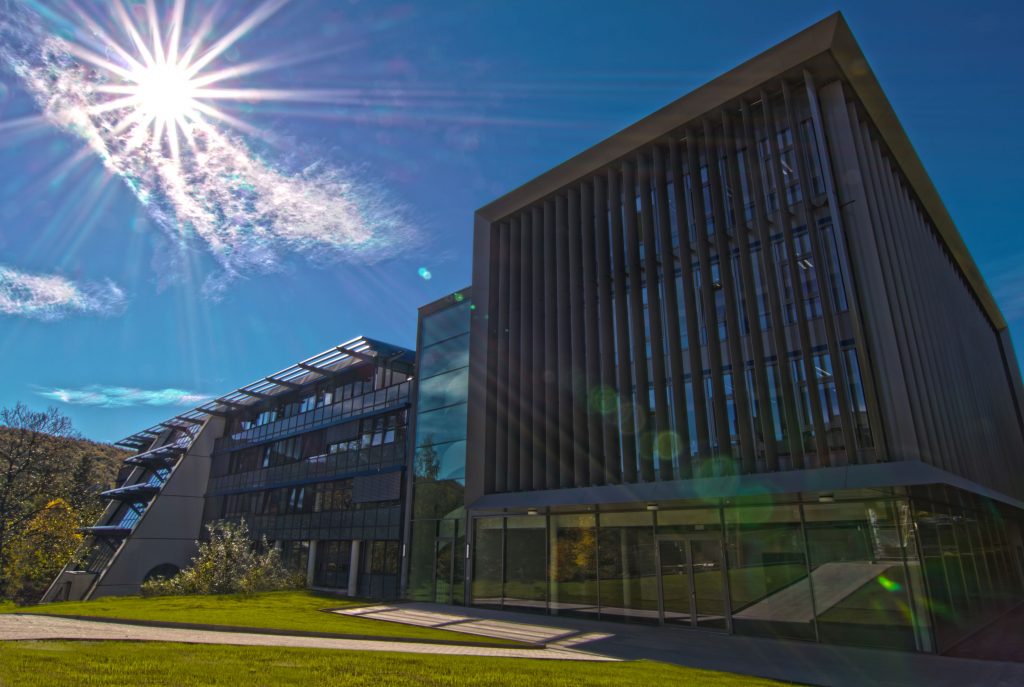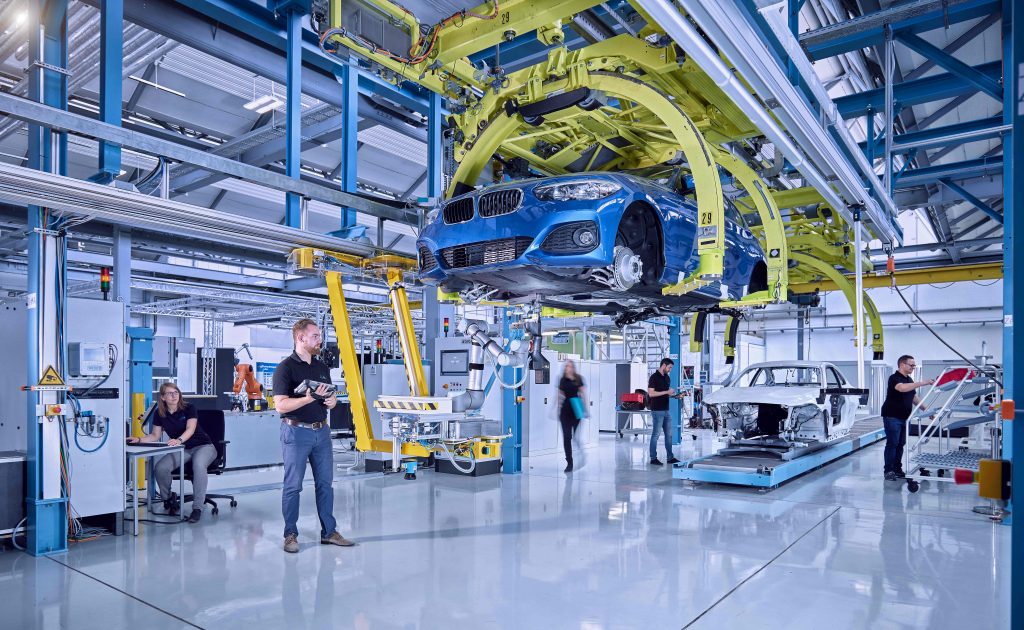DFKI
The German Research Center for Artificial Intelligence (DFKI) has operated as a non-profit, Public-Private-Partnership (PPP) since 1988. Today, it maintains sites in Kaiserslautern, Saarbrücken, Bremen, Niedersachsen, and Darmstadt, laboratories in Berlin, and Lübeck, as well as a branch office in Trier.
DFKI combines scientific excellence and commercially-oriented value creation with social awareness and is recognized as a major “Center of Excellence” by the international scientific community. In the field of artificial intelligence, DFKI has focused on the goal of human-centric AI for more than 35 years. Research is committed to essential, future-oriented areas of application and socially relevant topics. Currently, with a staff of about 1,560 employees from more than 76 countries, DFKI is developing the innovative software technologies of tomorrow.

German Research Center for Artificial Intelligence
Deutsches Forschungszentrum für Künstliche Intelligenz – DFKI
Research
Fields of interest
Based on application-oriented basic research, it develops product functions, prototypes and patentable solutions in the field of information and communication technology. Research and development projects are conducted in 24 research departments, nine competence centres and eight living labs.
The centre was one of the German research organizations behind the national INDUSTRIE 4.0 Strategy. Several departments of DFKI pursue research contributing to the implementation of the INDUSTRIE 4.0 vision (e.g. Cognitive Assistants, Robotics Innovation Center, Innovative Factory Systems etc).
Saarbrücken Testbed
The testbed area of over 4,000 m² includes two industrial halls and various areas for experimental demonstrators and prototypes for the factory and production of the future. The main focus is Industrie 4.0, digitalization, AI applications in production as well as robotics. The Centre for Innovative Production Technologies (Power4Production), which is jointly operated by ZeMA and DFKI is also located on the ZeMA premises. DFKI’s German-Czech Innovation Laboratory for Human-Robot Collaboration in Industrie 4.0 (MRK4.0 Lab), which was founded in 2016 and funded by the German Ministry of Education and Research, is a part of Power4Production and of the RICAIP testbed. The MRK4.0 Lab hosts more than 25 robots of different kinds.


